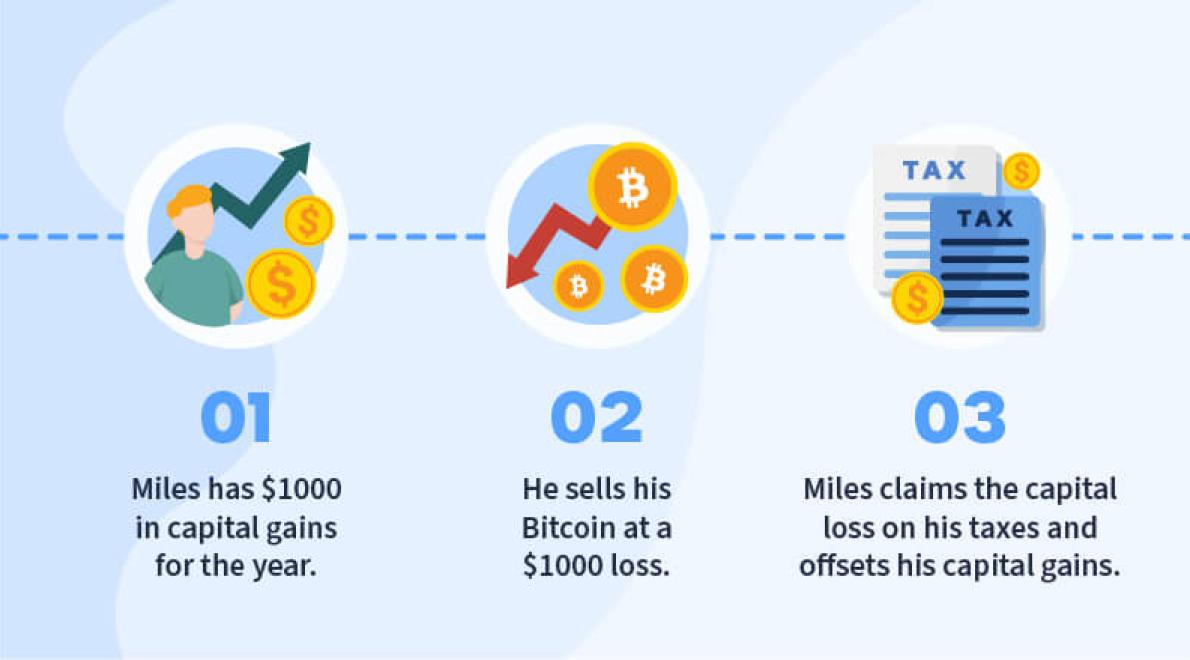If you're looking to avoid taxes on your crypto earnings, consider taking out a loan instead. With a loan, you can use your crypto as collateral to borrow against, and then pay back the loan with interest over time. This way, you can keep your crypto while still being able to access its value.

Crypto loans are taxable just like any other loan. You will need to report the interest and principal payments on your tax returns.
There is no one definitive answer to this question. Some people may opt to pay taxes on their crypto loans through traditional means, such as filing taxes on their income and claiming the associated deductions. Others may choose to use tax-deductible investment vehicles, such as crypto hedge funds or exchange-traded funds, in order to avoid paying taxes on their crypto loans. Ultimately, it is important to consult with a tax professional to determine the best way to avoid taxes on crypto loans.
Crypto-to-crypto loans are a popular way to avoid paying taxes on your income. There are a few things you need to do to make sure you're getting the most from your loans.
1. Make sure you're dealing with a reputable lender.
Make sure the lender you're working with is reputable and has a good history of complying with tax laws. Check out their website and make sure they have a tax compliance statement available.
2. Understand your tax obligations.
Before you take out a loan, make sure you understand your tax obligations. This includes figuring out whether you're required to pay taxes on your income, and if so, how much.
3. Track your loan payments and taxes.
Make sure you track your loan payments and taxes. This will help you stay aware of any changes in your tax situation and ensure you're paying the right amount of taxes on your income.

There are a few different ways to keep more of your money with crypto loans. One way is to only take out loans that have a high interest rate. Another way is to only take out loans that have a low interest rate and a long repayment period. Another way is to only take out loans that have a low interest rate and a short repayment period.
There are a few reasons why paying taxes on crypto loans is a bad idea. First, it could lead to a loss of revenue for the government. Second, it could create an incentive for people to borrow money in crypto rather than traditional fiat currencies, which could lead to greater financial instability. Finally, it could discourage people from taking out crypto loans in the first place, which would hurt both the economy and the adoption of blockchain technology.
Crypto loans are not subject to taxation in the same way as traditional loans. The Internal Revenue Service (IRS) does not currently consider crypto loans to be financial instruments, which would make them subject to capital gains and income taxes. However, if crypto loans were to meet the definition of a financial instrument, the borrower would likely be required to pay taxes on the interest and principal payments received.

In the United States, not paying taxes on crypto loans can lead to criminal penalties, including up to 5 years in prison and a $250,000 fine. In some jurisdictions, such as Japan, not paying taxes on crypto loans can also lead to seizure or freezing of assets.
If you're considering taking out a crypto loan, it's important to be aware of the tax implications. The IRS considers cryptocurrency to be property, which means that you could be taxed on the value of the cryptocurrency loaned as well as on any interest earned. If you're in the 10% or higher income tax bracket, you may be required to pay taxes on the entire value of the loan, plus interest. If you're in a lower tax bracket, you may only have to pay taxes on the interest portion of the loan. To avoid potential tax liability, it's important to consult with a tax professional before making a crypto loan.
1. Do your research. Understand the tax implications of crypto loans before you take them out.
2. Always consult with a tax professional to ensure you are following all tax laws when using crypto loans.
3. Make sure you have reputable and licensed lenders to help you navigate the tax code.
4. Keep track of your loan payments and cryptocurrency holdings to ensure you are in compliance with tax laws.
5. Keep copies of all loan documentation, including the loan agreement, loan disclosures, and all tax documents related to your crypto loan.
6. Make regular loan payments and report any income or loss associated with the loan on your tax return.
7. Keep all loan records in a safe and secure location. If you lose any of these documents, it could lead to tax penalties.
8. Report any taxable events related to your crypto loan immediately to your lender and the IRS.
9. If you receive a taxable event related to your crypto loan, make arrangements to repay the loan as soon as possible.
10. Fully understand the tax implications of your crypto loan before you take it out and stay in compliance with all tax laws.